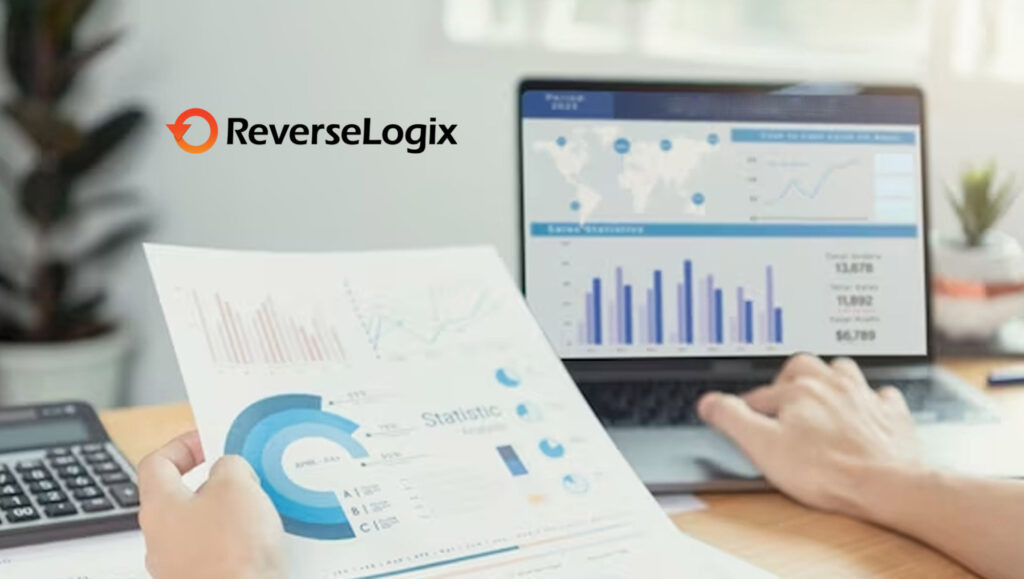Majority of organizations manually handle returns and don’t know true cost of returns processing
While most companies see the potential for automation in returns management, only 24% use it, according to a ReverseLogix survey conducted with Peerless Research Group. Furthermore, most (77%) don’t know what product returns are truly costing their company.
The report, 2023 Reverse Logistics Technology Study, surveyed companies primarily in the B2B (45% of respondents) and hybrid B2B/B2C (42%) spaces. Industries were wide ranging, spanning apparel, industrial machinery, electronics, food and beverage, and automotive/transportation equipment.
Respondents said they use various approaches to returns management, with 66% processing their own product returns and 16% using a 3PL partner for returns services. Of those that process their own returns, a slight majority (52%) collect returns at a store, while others rely on third-party locations, pick-up/drop-off points, or mailing to a central processing facility.
Returns Management Challenges
When it came to reverse logistics challenges, respondents noted the following as their most common hurdles:
- The time required to process returns
- Slow/manual tasks needed to complete the returns
- Returns divert staff from normal warehouse operations
- Lost revenue due to the return (both in merchandise cost and staff time)
- Ability to resell returns efficiently
“The survey revealed that automation isn’t widely used for returns management, but automation could solve a lot of the respondents’ challenges,” said Gaurav Saran, CEO of ReverseLogix. “Purpose-built returns technology can guide and automate tasks based on a company’s rules and standards, so even complicated returns can be processed faster. Plus, the visibility into incoming returns helps warehouse managers staff up before the items arrive.”
The Case for 3PL Services
Companies that partner with a 3PL for returns management services found value in outsourcing: Only 29% of respondents wished they were handling returns themselves. Most cited the flexibility of 3PLs services, the resource and cost efficiencies, and the lack of their own expertise in product returns as key reasons for choosing 3PL return services.
“Although a minority of respondents use a 3PL for returns, those that do use a 3PL find a lot of value in the partnership,” said Saran. “Returns services are a huge opportunity for 3PLs because it differentiates them and meets a growing, urgent need among their customers.”
Lack of Visibility Cloaks Costs
Regardless of how respondents process returns, the lack of visibility hides what returns truly cost a company. With 77% of respondents not knowing the cost of returns, Saran sees a huge opportunity for improvement.
“Without a returns management system tracking the entire lifecycle of a return, a company can’t accurately measure – or improve – what returns actually cost them,” he said. “As B2B and B2C consumers continue demanding easy returns processes, those that have returns technology to track and measure costs will efficiently balance customer service with the bottom line.”
Read More: Three Ways Technology Is Helping Retailers Weather Rough Economic Waters





















